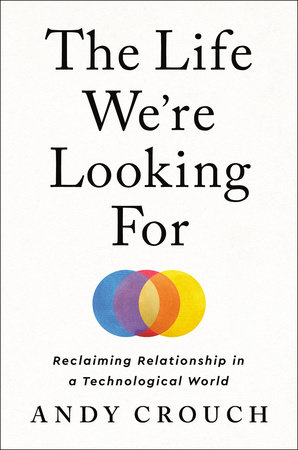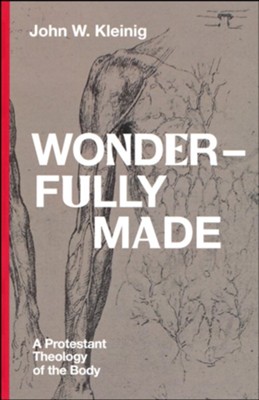Samuel D. James serves as developmental and acquisitions editor for Crossway. He is the author of Digital Liturgies: Rediscovering Christian Wisdom in an Online Age (Crossway).
There is an old parable about two fish happily swimming when a third fish comes up to them and says, “Hey, guys. How’s the water?” The first two fish look at each other in confusion and ask, “What’s water?”
The point is that often the things that are most directly affecting us are what we take most for granted.
Digital technology—including the internet, social media and streaming—is our modern “water.” It has revolutionized nearly every aspect of our professional, intellectual and personal lives, yet the sheer scale of its presence in our day-to-day existence makes it difficult to feel this. We notice when a massive invention like artificial intelligence (AI) makes headlines, but overall, most Christians simply don’t consider the spiritual significance of our screen-mediated lives.
This lack of contemplation has left us vulnerable in a number of ways. Pastors and churches are being pressured by forces they don’t understand and, in many cases, weren’t aware even existed. Authority has shifted away from institutions and expertise toward anyone with the most dramatic narrative. Information has been weaponized. Too many times, Christians lack a robust response to this.
Thankfully, this is starting to change. A growing number of resources are aimed at helping Christians think seriously and critically about the power of digital technology in personal and cultural formation. This is a badly needed groundswell of attention. In just a few years going online has gone from a hobby for the interested to a way of life for nearly everyone. It is impossible to direct our attention, thoughts and emotions toward this technology day after day and not be shaped by it.
In the last few years, I have been particularly helped by the following books, some of which are written to a broad audience. All take a distinctly critical (though not dismissive) and practical look at living wisely in the digital age.
The Life We’re Looking For: Reclaiming Relationship in a Technological World by Andy Crouch (Convergent Books, 2022) is a masterful reflection on the conflict between the Christian community and the digitalization of society. It lays out a pathway for believers to resist the culture of isolation and tech maximalism through building gospel-shaped households.
Terms of Service: The Real Cost of Social Media by Chris Martin (B&H Books, 2022) is an excellent, accessible introduction to what social media really is, how our feeds and timelines are created, and what this means for our lives as Christians. Once the facade of user control is torn off, we can see just how much of our experience of the internet is being engineered by those who profit from our struggle.
Wonderfully Made: A Protestant Theology of the Body by John W. Kleinig (Lexham Press, 2021) is a book about the body. Why am I recommending this title? Because we cannot understand the impact of digital technology without first understanding what it means to be embodied persons, created in the image of God. This book beautifully articulates this doctrine and its implications for our modern lives.
The Shallows: What the Internet Is Doing to Our Brains by Nicholas Carr (W.W. Norton & Co., 2020) is one of the most important books I have ever read. Published just before the iPhone ascended to cultural dominance, this book presents a comprehensive case that online technology in its very essence changes users into certain kinds of thinkers and feelers.
Amusing Ourselves to Death: Public Discourse in the Age of Show Business (Penguin Books) and Technopoly: The Surrender of Culture to Technology (Vintage) are both by Neil Postman. I’m cheating a bit here by listing two books in one recommendation, but Postman’s landmark analyses of how communication and learning are deformed by mass media deserve to be read as a pair. Amusing Ourselves to Death is a stunningly prescient book, and Technopoly offers a framework for understanding how technology can come to dominate how we think.
In the Swarm: Digital Prospects by Byung-Chul Han (The MIT Press, 2017) is a short but dense work of modern philosophy. But the labor is worth it. The author gives a viable framework for why the internet both stokes our outrage and also leaves us feeling powerless. There are insights here that will genuinely change how leaders respond to the culture of the internet.








